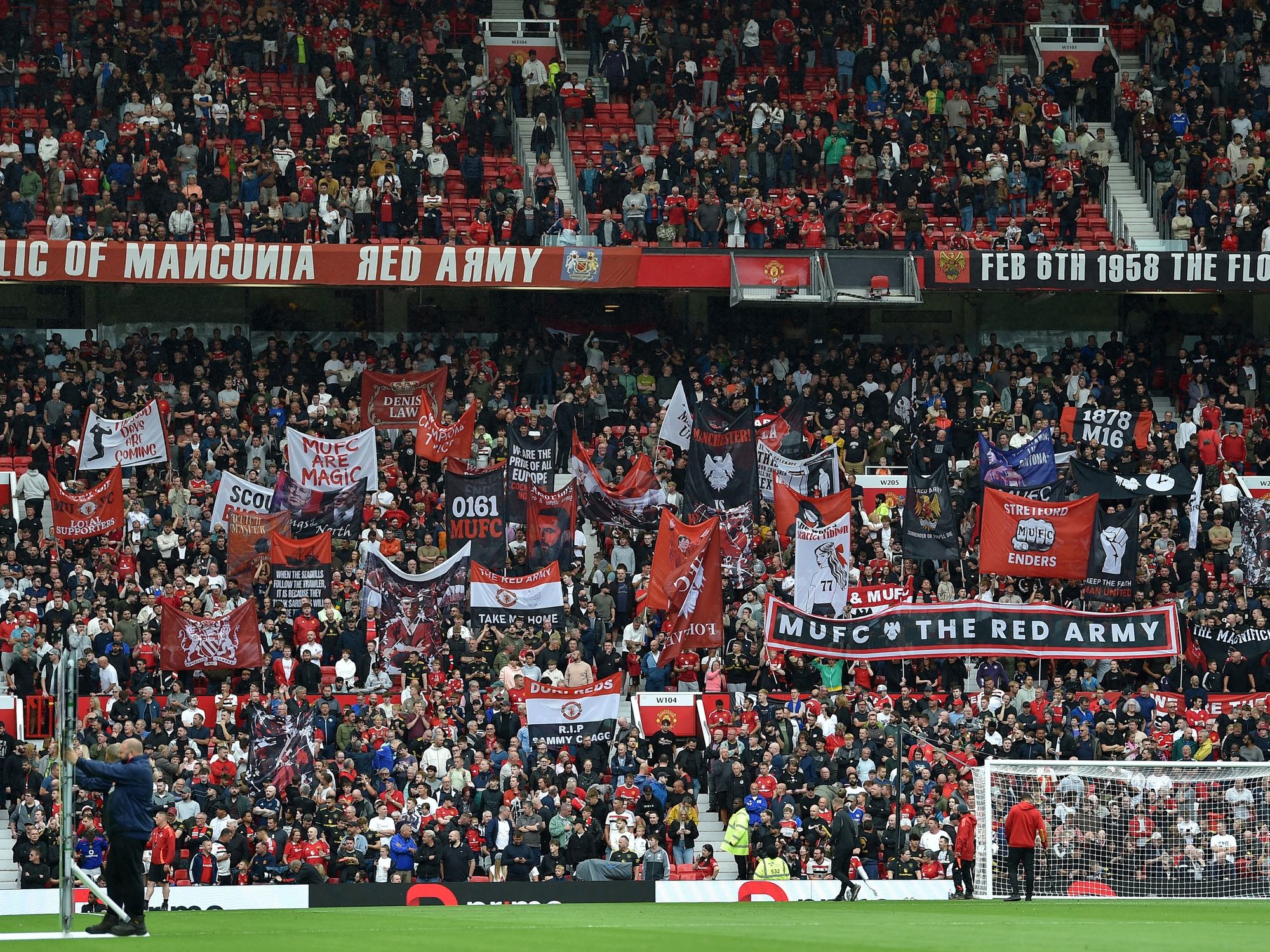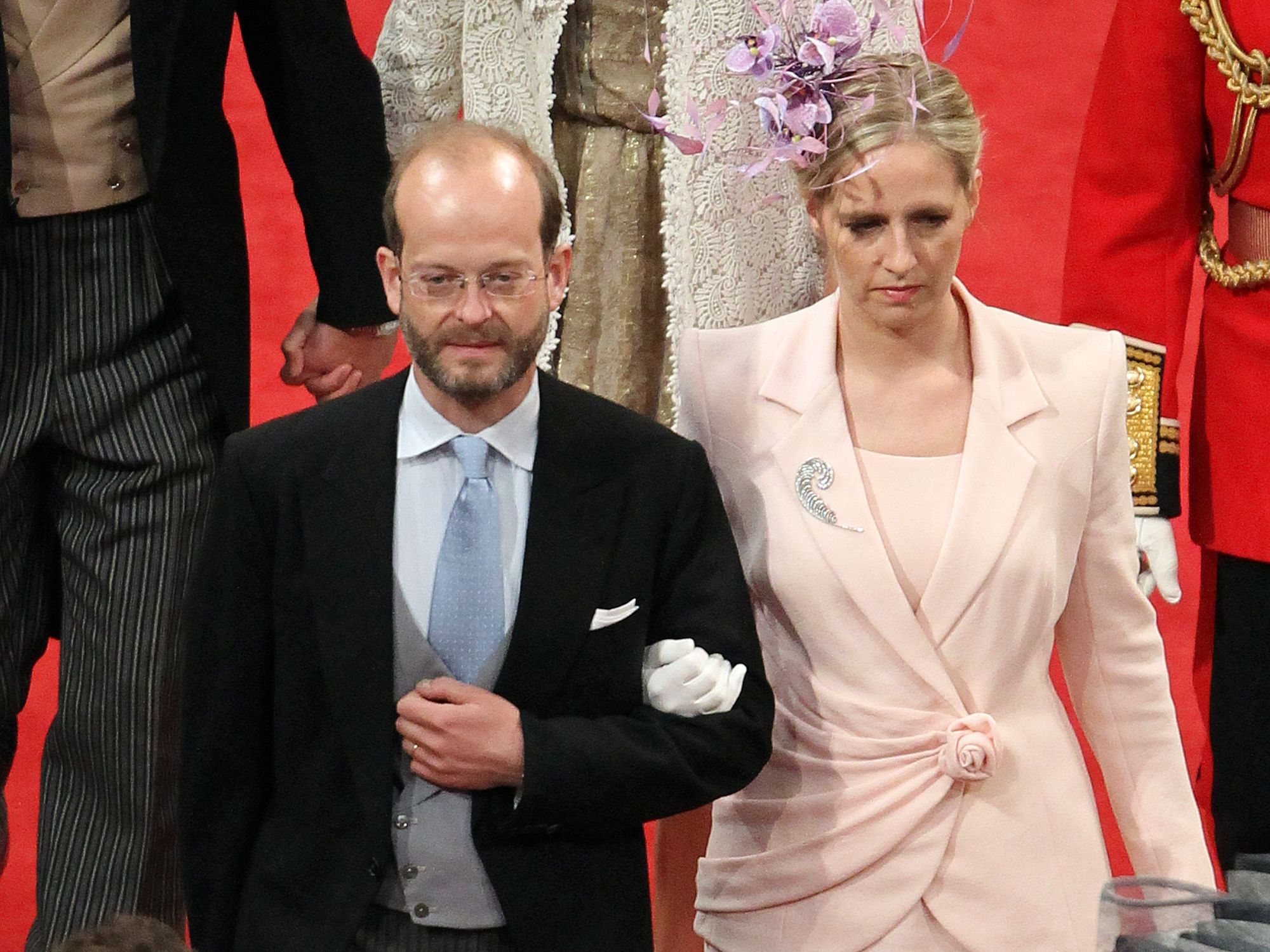Thousands of drivers ignore £2.2billion Silvertown Tunnel to avoid £4 daily charge despite 'faster journeys'

At peak times, larger vehicles could be charged as much as £10 per journey
Don't Miss
Most Read
Latest
Transport for London has revealed that approximately 12,000 fewer drivers are using the Blackwall and Silvertown tunnels daily since tolls were introduced in April.
The significant drop in vehicle numbers comes after the launch of the new Silvertown Tunnel and the implementation of charges at both crossings.
Initial data analysed between April 21 and May 11 shows that 88,000 vehicles now pass through both tunnels on a typical weekday.
This represents an impressive 12 per cent reduction compared to the 100,000 vehicles that previously used the Blackwall Tunnel alone, according to TfL figures.
Do you have a story you'd like to share? Get in touch by emailing motoring@gbnews.uk
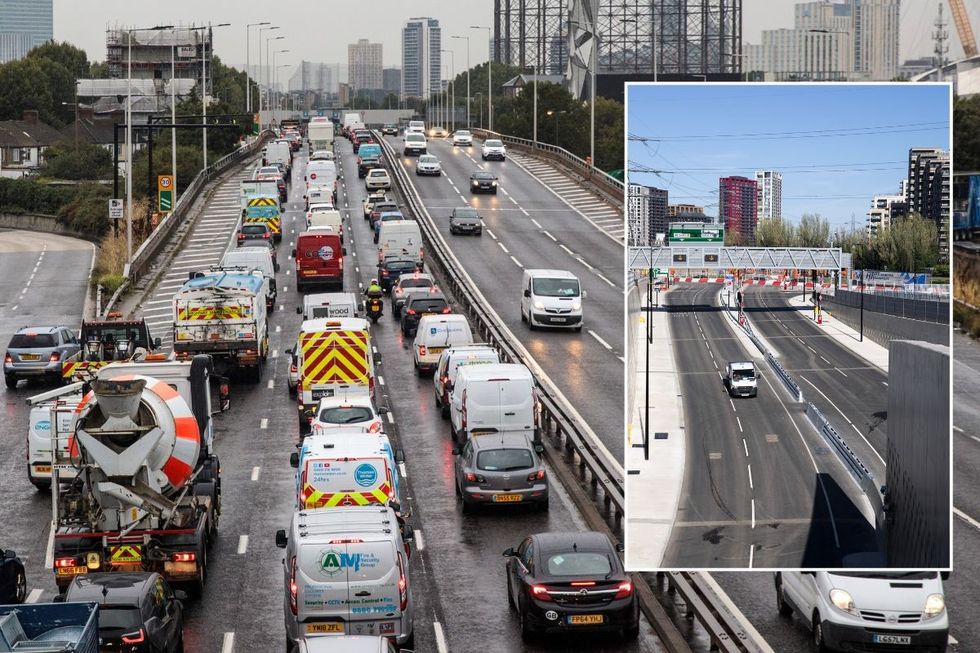
The Silvertown Tunnel has already slashed the number of cars travelling in the area
|PA
The new Silvertown Tunnel is handling around 20,000 vehicles daily, whilst the Blackwall Tunnel continues to serve the majority of crossings, The Standard reported.
The £2.2billion infrastructure project represents the first new road crossing of the Thames east of Tower Bridge in more than three decades.
Cars, small vans and motorcycles are charged £1.50 during off-peak hours if they are registered with TfL Auto Pay, while large vans and HGVs are charged £2.50 and £5 respectively.
Between 6am and 10am northbound, and 4pm to 7pm southbound, from Monday to Friday, peak charges are introduced.
READ MORE: Silvertown Tunnel to temporarily close just two months after opening as drivers face traffic issues
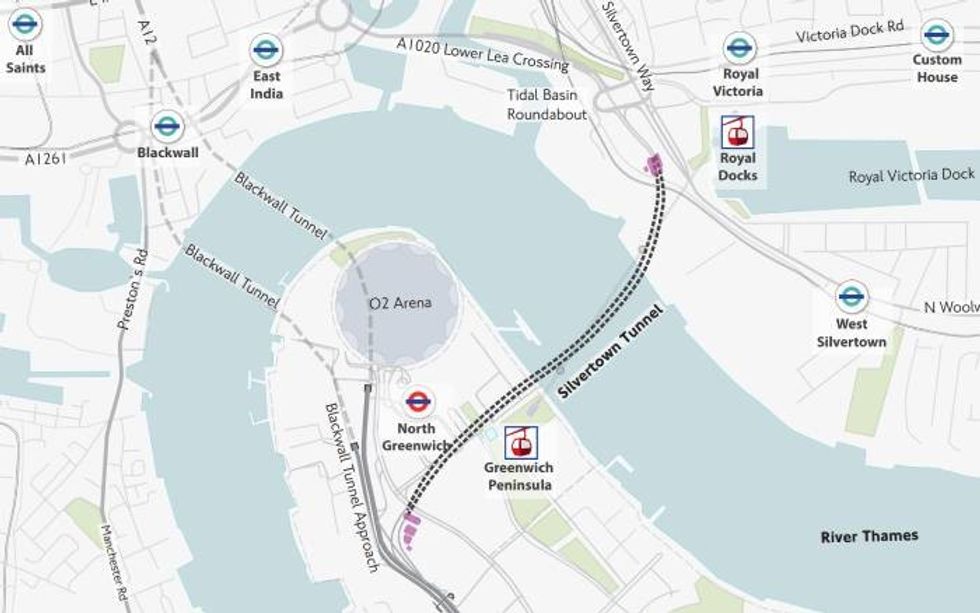 Drivers will be charged at least £1.50 to drive through the new Silvertown Tunnel | TRANSPORT FOR LONDON
Drivers will be charged at least £1.50 to drive through the new Silvertown Tunnel | TRANSPORT FOR LONDONMotorcycles are charged £2.50, while cars and small vans pay £4. Large vans travelling through the tunnel will pay £6.50, while HGV drivers could be slapped with a £10 charge.
The new crossing has already provided resilience to the network, as demonstrated on May 14, when the Blackwall Tunnel closed in both directions for several hours due to an incident.
TfL noted that drivers were able to divert to the Silvertown Tunnel, avoiding the significant disruption that would have occurred previously.
Bus usage across the tunnels has surged dramatically since the new crossing opened. TfL data reveals that 20,000 passengers now use the 108, the new 129 and Superloop 4 bus services daily, with 7,000 journeys involving river crossings through the tunnels.
LATEST DEVELOPMENTS:
As part of the introduction of new tolls from the Silvertown Tunnel, Londoners can make use of free bus services, which are set to remain without charges for at least a year.
This represents a 160 per cent increase in cross-river bus passengers at this location. Previously, only the 108 bus crossed via the Blackwall Tunnel, carrying approximately 2,700 journeys daily in March 2025.
The new Cycle Shuttle service is attracting between 100 and 150 passengers daily, with TfL reporting positive feedback on the service and anticipating that usage will grow in the coming months.
Despite the overall reduction in traffic, TfL acknowledged awareness of increased vehicle volumes at other river crossings, including the Woolwich Ferry.
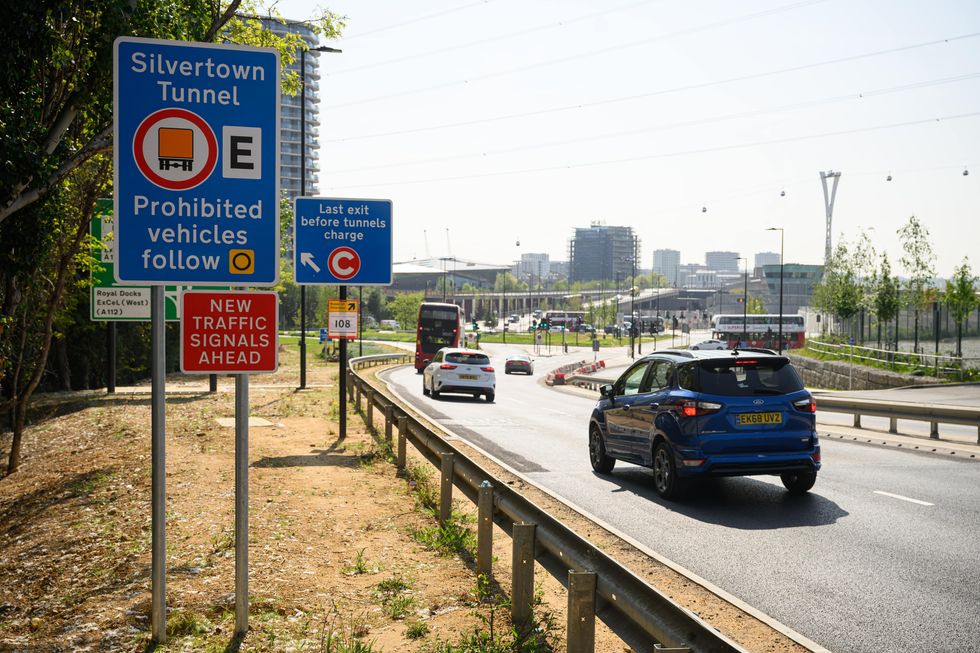
The Silvertown Tunnel will be closed overnight for 17 days in June
| GETTYTransport for London noted that the displacement effect suggests some drivers are seeking alternative routes to avoid the new charges.
Seb Dance, Deputy Mayor for Transport, said: "Easing congestion and keeping London moving is vital for our city to thrive, so it's encouraging that initial data from TfL shows that the new Silvertown Tunnel is helping to reduce the build-up of traffic around the Blackwall Tunnel.
"This means more reliable and faster journey times for thousands of Londoners during peak hours.
"There is a significant increase in cross-river bus use and improved bus reliability is helping us to build a better and more accessible London for all."





